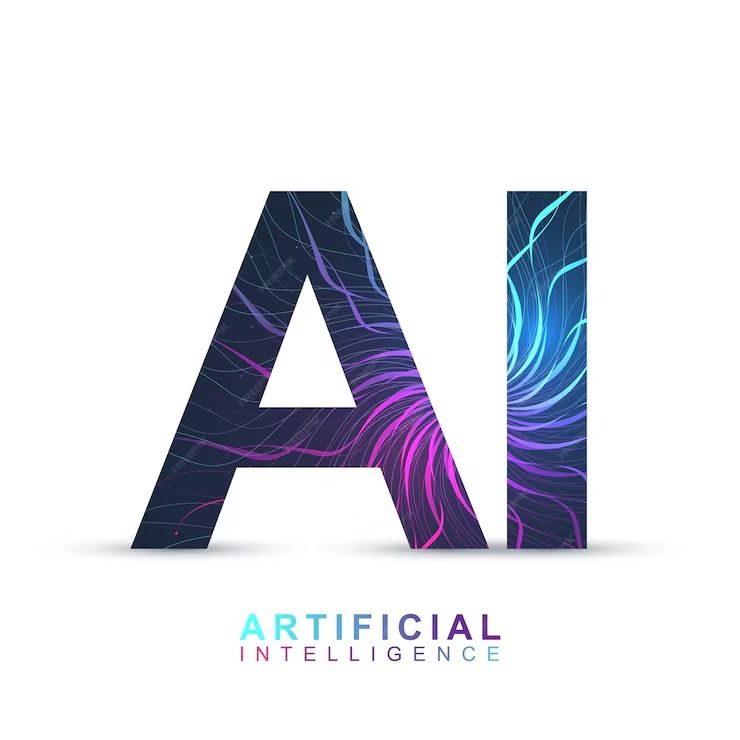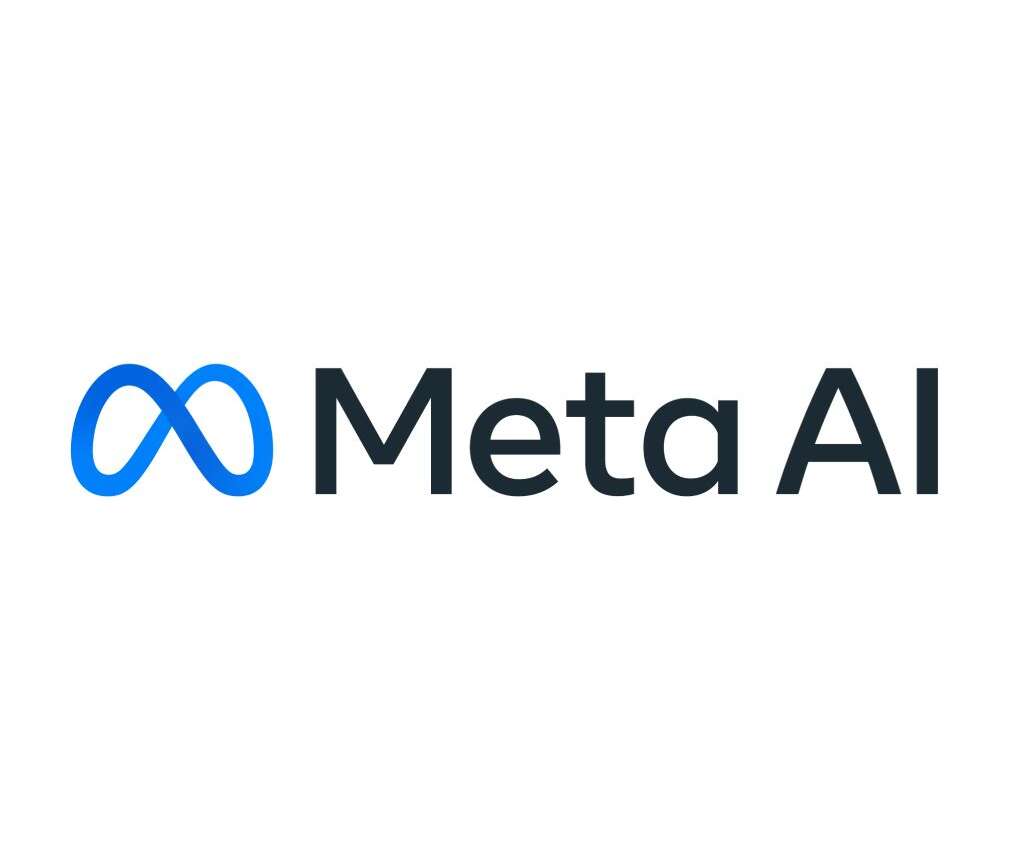Artificial intelligence is now touching the daily lives of everyone, not just tech enthusiasts. One of the most concrete examples of this transformation is the launch of Meta AI in Turkey. Platforms that millions of people actively use, such as Facebook, Instagram, WhatsApp and Messenger, now have an artificial intelligence assistant: Meta AI.
This system offers many functions, from content generation to suggestion, from coding assistance to information search, with Turkish language support. In other words, a user can directly ask an AI a question on the chat screen, dictate text or facilitate their daily digital tasks. This means that artificial intelligence is no longer a technical tool, but a natural part of digital life.The infrastructure of Meta AI is based on the Llama 4 model developed by Meta. This model stands out with faster responses, more accurate content and more human language production. The system, which aims to reach 1 billion users on a global scale, also constitutes an important threshold for users in Turkey. It offers a new layer of support especially for content producers, students, entrepreneurs and those working in digital marketing. The fact that artificial intelligence has become so accessible raises issues of digital ethics as well as digital literacy. Issues such as the source of information, the way it is produced and its accuracy are now the responsibility of individual users. For this reason, the conscious and questioning approach of users gains importance as much as the convenience offered by systems such as Meta AI. The activation of Meta AI in Turkey has also started to transform our digital habits. A message box can now be used not only for chatting, but also for generating ideas, accessing information and even getting support for daily tasks. This opens up a new area of increased productivity, especially for young users and digital content creators. Artificial intelligence is no longer just a technology; it is becoming a natural extension of digital life. The effects of this transformation have started to be felt in the field of education. Students can get support from Meta AI to find sources, simplify texts or develop ideas while preparing homework. Thanks to its Turkish language support, this tool is becoming an assistant that can be accessed not only by those who are tech-savvy, but also by a wider user base. This can be considered as an important step towards digital equality. The interaction with Meta AI goes beyond the classic “question and answer” structure. Users can now exchange ideas with artificial intelligence, get suggestions, and even think together in creative processes. This makes technology not only a tool but also a companion. Especially for those working in areas such as content production, social media management and digital marketing, this kind of support offers an advantage that saves time and improves quality.
In conclusion, Meta AI’s arrival in Turkey is not just technology news; it is a strong sign of the evolution of digital life. Artificial intelligence is no longer an application, it is becoming a habit. And this habit, when used correctly, has the potential to increase individual productivity and digital awareness.



